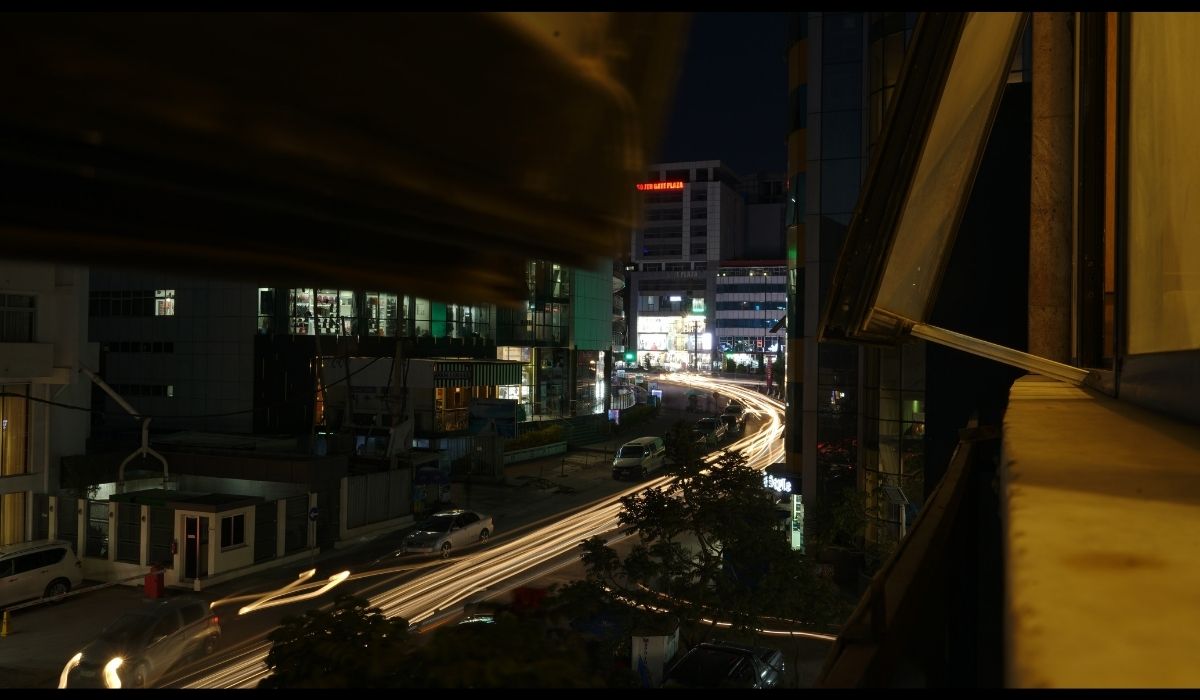UN Under-Secretary General and Executive Secretary of the United Nations Economic Commission for Africa (ECA) – Vera Songwe, and Cameroon’s Minister of Finance – Louis Paul Motaze, discussed the country’s need to move fast with innovative financing, industrial clustering and digital transformation while keeping up the fight against COVID-19 especially through massive vaccination. This, against the backdrop of an extraordinary summit of CEMAC Heads of State, chaired on the same day by Cameroon’s President Paul Biya on the theme “Review of the Economic, Monetary and Financial Situation in the CEMAC Zone and Analysis of its Prospects.”
Ms Songwe saluted Cameroon’s commitment to the AU’s Africa CDC, ECA and Afreximbank-supported African Vaccine Acquisition Trust (AVAT) which procured and shipped a first consignment of 148,500 doses of the Johnson & Johnson single-shot vaccine to Cameroon on Sunday 8 August 2021.
But more needs to be done, especially on the financial front in order to cushion the calamitous impact of the pandemic on African economies, she maintained.
In this regard, she said it was necessary to forge ahead with the common position of African finance ministers made during an ECA-convened meeting last March advocating for the reallocation of 25% to 30% of a US$425 billion Special Drawing Rights (SDR) basket aiming to plug global gap in financing against the pandemic. Africa’s equivalent share of SDRs would be between US$162 billion and US$195 billion.
Debt Service Suspension Initiatives (DSSI) and other innovative means of financing Africa’s way through this pandemic period needed follow up, she intimated, as she pointed to the Liquidity and Sustainability Facility (LSF) launched by ECA and the investment management firm PIMCO last March.
The LSF aims to reduce governments’ borrowing costs by increasing demand for their sovereign bonds. This, Ms Songwe said, could save Africa US$11 billion of interest on loans in just five years.
“Let us therefore build an institution which would outlive us and help Africa secure sustainable financing for its development.”
Vera Songwe, Under-Secretary General and Executive Secretary of the United Nations Economic Commission for Africa
Financing to improve Cameroon’s broadband for a strong digital economy was another major issue discussed. ECA’s Executive Secretary acclaimed the enthusiasm of Government, the private sector, young people and women to advance the digital economy with hubs such as the Silicon Mountain in Buea.
She said that Cameroon’s appetite for digital innovation was clearly demonstrated during the Connected African Girls’ Coding Camp which ECA organised in-person and online with anchor points in in Buea, Douala and Yaounde last July. Of the 8500 girls and young women from all over Africa who finally attended the camp, Cameroon overwhelmingly dominated with over 6500 young female to-be coders who developed projects in artificial intelligence, web services and robotics.
The need for energy to industrialize quicker, sector-clusters and special economic zones also featured in the talks.
A GIS-enabled spatial planning and investment decision report with a deep dive on Cameroon, recently published by ECA was presented as an important tool to help the country move quickly with spatial planning initiatives for development. The report spotlights the contiguous settlements of Kribi, Edea and Douala with a combined population of 4.2 million, 42% of youths living near connected roads, a 90% adult literacy rate and a 33% internet penetration as an ideal triangle for a mega industrial cluster which could specialize, among other things, in pharmaceuticals.
Combined with the high irradiation levels and wind energy opportunities in the Far North of Cameroon, these are opportunities which should generate employment and help Cameroon make the most of the African Continental Free Trade Area (AfCFTA), she argued.
Minister Louis Paul Motaze perused a pamphlet on the successful partnerships between Cameroon and ECA since 2017 and took special interest in the GIS-enabled geospatial planning and investment tool.
His attention was also drawn to ECA’s recent series of training of Cameroonian officials in systematically integrating urbanization into national development plans to deal with a rising influx of people into urban areas projected to reach 70% by 2050. He therefore requested ECA’s support to help the country manage its rapid urbanization better by identifying growth and development opportunities beyond urban settlements and recalibrating rural development.











